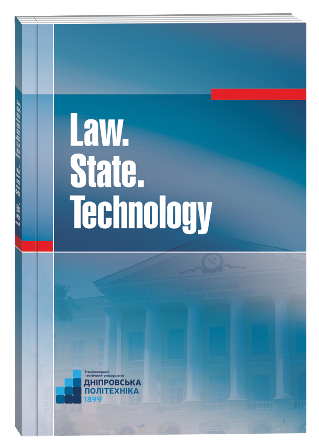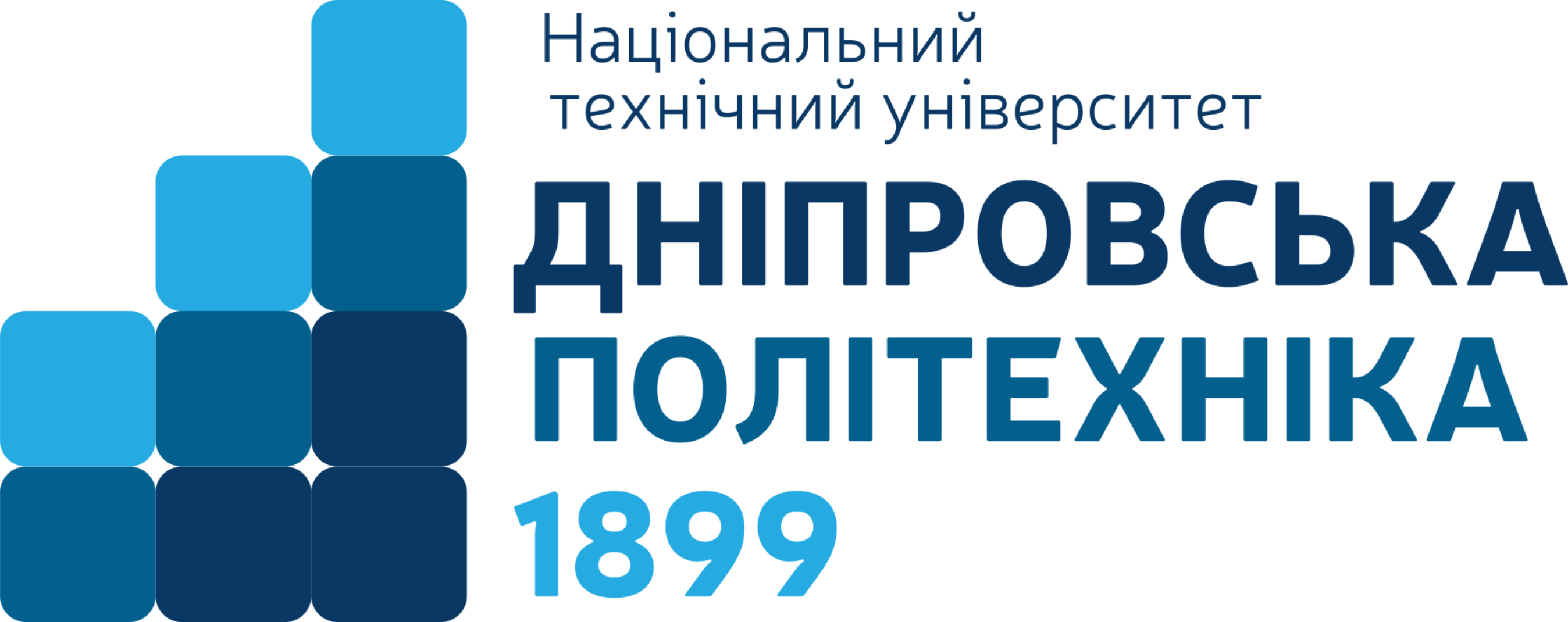LAWFUL SOCIALLY USEFUL BEHAVIOR AS A LEGAL STRUCTURE IN THE CRIMINAL LAW OF UKRAINE
DOI:
https://doi.org/10.32782/LST/2021-1-8Keywords:
legal construction, legality and public utility, composition of lawful behavior, objective signs of lawful behavior, subjective signs of lawful behavior, basis of criminal-legal qualification.Abstract
The composition of lawful socially useful behavior as a legal structure serves as a legal basis for identifying the parameters of specific behavior of a person with a lawful act defined in the criminal law. Legal construction is studied as a complex system-structural legal phenomenon of elements that have, respectively, their internal sign or elemental structure. The purpose of the article is to establish the identification parameters of specific behavior of a person with a lawful act defined in the criminal law. Attention is paid to the understanding of generalizations, which in criminal law are given the most attention in the form of legal constructions. Realization of the set purpose provides the decision of such tasks, as: 1) determine the internal structure of lawful socially useful behavior, which is encouraged in criminal law; 2) outline the objective and subjective features of lawful socially useful behavior as a legal structure; 3) to propose the legalization of the grounds for encouragement in the criminal legislation of Ukraine. The scientific novelty of the article is that it considers the main issues of the legal structure of lawful socially useful behavior as a complex system-structural legal phenomenon of elements that have a corresponding internal sign or elemental structure. Proposals are made to consolidate the grounds for encouragement in the new version of the relevant provisions of the Criminal Code of Ukraine. It is concluded that the composition of lawful socially useful behavior as a legal structure is the only, legal, necessary and sufficient basis for criminal law qualification of a particular behavior of a person as lawful. It requires the authorized state body or official to establish the circumstances of the criminal proceedings to such an extent that it would unequivocally testify to the existence of all, without exception, objective and subjective features that characterize the internal system-structural unity of elements of lawful conduct.
References
Кудрявцев В.Н. Общая теория квалификации преступлений : моногр. Москва : Юристъ. 1999. 304 с.
Черданцев А.Ф. Логико-языковые феномены в праве, юридической науке и практике : моногр. Екатеринбург : УИФ «Наука». 1993. 192 с.
Кругликов Л.Л. Спиридонова О.Е. Юридические конструкции и символы в уголовном праве : моногр. Санкт-Петербург : Юридический центр Пресс. 2005. 336 с.
Тарарухин С.А. Квалификация преступлений в судебной и следственной практике : моногр. Київ : Юринком, 1995. 208 с.
Навроцький В.О. Теоретичні поняття кримінально-правової кваліфікації: моногр. Київ : Атіка. 1999. 418 с.
Кримінальний кодекс України (проект): контрольний текст (станом на 15 вересня 2020 р.) file:///C:/Users/Admin/Desktop/1-kontrolnyj-proekt-kk-15-09-2020.pdf
Баулин Ю.В. Обстоятельства, исключающие преступность деяния : моногр. Харьков : Основа. 1991. 360 с.
Хряпінський П. Юридична конструкція складу правомірної поведінки у кримінальному праві. Підприємство, господарство і право. 2007. № 8 (140). С. 102–106.
Ярмиш Н.Н. Теоретические проблемы причинно-следственной связи в уголовном праве (философско-правовой анализ) : моногр. Харьков : Право. 2003. 512 с.
Мантуляк Ю.В. Юридичний склад правомірного вчинку. Прокуратура. Людина. Держава. 2005. № 9. С. 33-42.
Сташис В.В., Бажанов М.И. Преступления против личности в УК УССР и судебной прак- тике: моногр. Изд. 2-е, исправ. и дополн. Харьков : Изд-во при Харьк. гос. ун-те ИО «Вища школа». 1987. 216 с.
Дячук С.І. Виконання наказу чи розпорядження у кримінальному праві (основні поняття, проблеми кваліфікації, удосконалення законодавства) : моногр. Київ : Атіка, 2001. 176 с.
Бажанов М.И. Уголовное право Украины. Общая часть : конс. лекц. Сост. В.И. Тютюгин. Днепропетровск : Изд-во «Пороги», 1992. 168 с.








